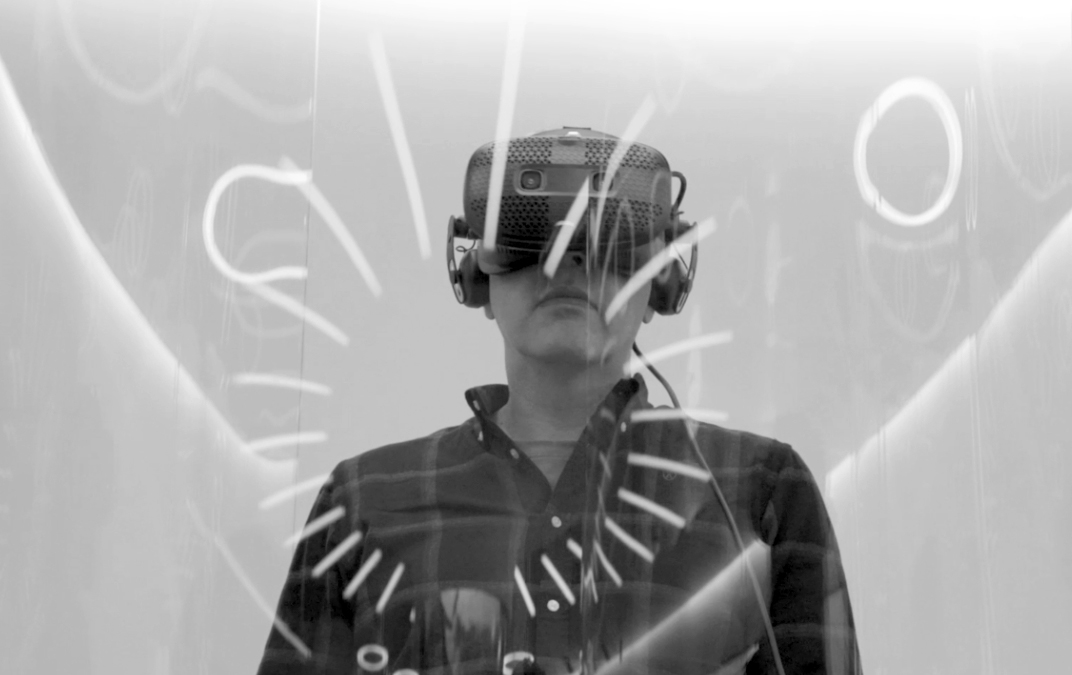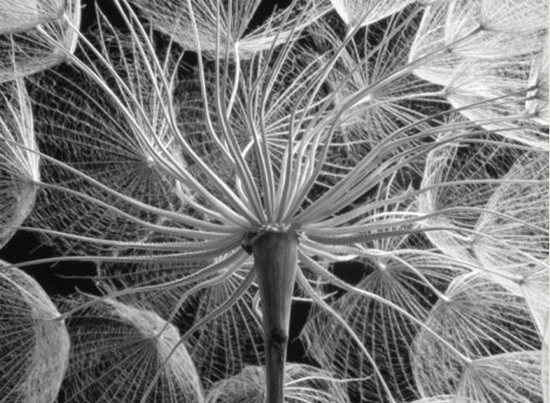And are you more Darwin or more Verne?
- Date
- Written by Carlos Sanz de Andino
Darwin was a scientist. And he was one because he was, because something inside him told him he had to be. His father wanted him to be an Anglican minister, but the boy was stubborn. The call of the wild, as Jack London would say. He began studying medicine, although that wasn't what he was looking for either. He was more attracted to invertebrates than humans. The silence of beetles, grasshoppers and even leeches spoke to him more than the complaints of a man with a cold. Not to mention the beautiful orchids. Biology, botany and geology were his world. And he was convinced that if he spent enough time talking to a stone, it would eventually answer him.
Verne was a storyteller. And he was one because he was, because something inside him told him he had to be. His father wanted him to be a solicitor, like him, and inherit his law firm. And Jules really tried; he also tried to be a stockbroker, he really did try... but there was the call of the wild. He couldn't help being more motivated by rhyming two words that had never been put together in a verse than by a prosaic sentence in a boundary dispute. He couldn't explain why he was more attracted to the boards of a stage than the parquet floor of the Paris Stock Exchange. It's true that they creaked more, but that was probably because they were trying to tell him something.
Darwin was a traveller. For five years, he travelled halfway around the world aboard the Beagle, from Plymouth to Tierra del Fuego, mapping the whole of South America. He sailed through Argentina, Chile, Peru, Ecuador, Uruguay, the Strait of Magellan... And in between, he crossed an ocean.
Verne was a traveller. In reality, physically speaking, he travelled very little. He had a small sailing boat with which he made a couple of trips across the Mediterranean (he said that a journey was incomplete if it did not include the sea), although the most relevant thing is that he stopped off in Vigo (where he also had Captain Nemo drop anchor). Little else. But Verne, in return, travelled with his imagination. With it, he reached the Moon, the Centre of the Earth, sailed 20,000 leagues under the sea, set foot on the South Pole before anyone else, crossed Russia with a letter for the Tsar, flew over Southern Africa in a balloon, travelled around the world in 80 days... No one had ever travelled so much with their mind before. Nor made others travel so much.
Darwin was an observer. He took meticulous notes of everything he saw, collected samples, observed the Earth's strata, measured ocean currents... He was a follower of the school of inductive reasoning, which is why all those observations, all that data, did not remain static in his mind, but gradually began to connect with each other. Little by little... And then, he understood everything.
Verne was an observer. He was curious about the science of his time. He studied it obsessively, marvelled at it, and at the same time it left him wanting more. What would come next? Until he realised that no one needed to answer that question for him. Because he decided that he would be the one to answer it for others.
What a great team they would have made!
Darwin and Verne were alike in many ways. They were bearded, non-conformist, passionate, daring, observant, brilliant and ahead of their time. Darwin, with his Theory of Evolution, took science to the extreme. And Verne, with his Extraordinary Voyages, picked up science where scientists had left it and catapulted it into infinity, reinventing it in fiction.
But above all, Darwin and Verne were complementary. Through science and observation, Darwin was able to explain the world as it was. And through imagination, Verne anticipated the world as it could be. And that complementary duality represented by Darwin and Verne is present in everything around us. Darwin is in everything, Verne is in everything. In people, in business, in brands, in communication. Reason is complemented – and completed – by emotion; data by experimentation; evolution by revolution; technology by intuition; science by fiction; understanding, by imagination...
For us, being Darwin and Verne is not just a name, it is a philosophy, a way of being, a way of working and looking at the world around us. It is who we are. We are very much like Darwin. And very much like Verne. That is why we are called that, and that is why today, we – like them and with them – are embarking together on a journey towards an extraordinary adventure.

